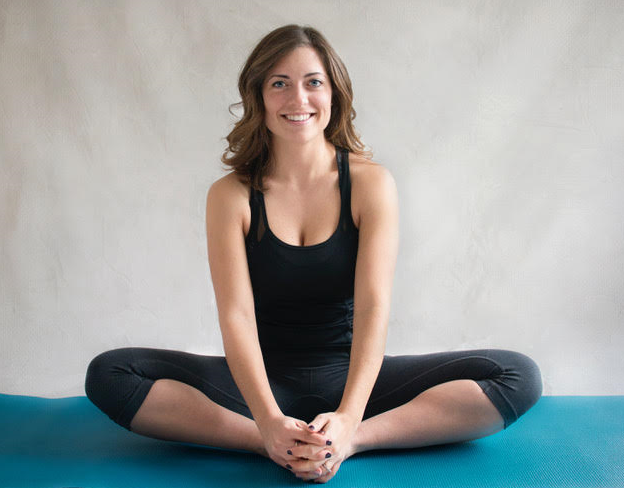Moving More: The Secret to Enhancing Your Mood
Feeling tired? Overworked? Stressed out? Our day-to-day lives can get hectic and sometimes take a toll on our health and even our mood. When you are feeling down, tired, or stressed, I encourage you to get moving. Although it might feel like the last thing you want to do, I promise you will feel better for it.
We all know that exercising benefits our physical health, improves our physique, and increases our strength. However, when you ask most people why they exercise regularly, they often provide reasons related to wellbeing and improved mental health.
Just like nutrition, physical activity can have a significant impact on your overall wellbeing. In fact, it is one of the most effective ways to improve your mental health. The best news is you don’t have to do crazy amounts of activity to feel the benefits; even small moderate amounts can improve your mood.
How Can Exercise Improve My Mood?
Exercise releases endorphins and neurotransmitters like serotonin; these are chemicals released by the brain that help us feel good. They are actually considered natural pain killers, as they help minimize discomfort and allow for a feeling of euphoria. When we exercise and release these feel-good chemicals, we are improving our mood (short-term) and how we feel, essentially our wellbeing (long-term). Participating in regular aerobic activity (e.g. jogging, swimming, gardening, walking, dancing, etc.) has been proven to reduce anxiety and depression. In addition, exercise can also help improve self-esteem and brain function such as memory and attention span.
Does the Type of Exercise Matter?
Different types of activity impact individuals in many different ways. You will have to try different activities to see what works best for you. Some individuals feel best after doing a cardio routine (e.g. running) and really getting sweaty. Other individuals feel great after performing a series of exercises that help them feel grounded (e.g. yoga class).
Regardless of your preference, research suggests that moderate physical activity is a great place to start and, in fact, the place where most people experience positive impacts.
What Is Moderate Physical Activity?
The Canadian Physical Activity Guidelines define this as activity that will raise your heart rate and breathing (the kind of activity that can still allow you to talk, but with some challenge).
Crunched for Time?
Research suggests that 30 minutes of moderate exercise five times per week is an ideal amount of time to reap all the benefits. But don’t worry: This can be broken down into two 15-minute walks or three 10-minute walks throughout your day. If that still sounds like too much, start with less. You can start with 5–10 minutes per day or two to three times per week, and gradually work your way up. Once you start feeling the benefits, you will crave more.
When feeling stressed or overwhelmed, the last thing you want to do is add another “to-do” to your list. However, I encourage you to remember that physical activity will help you feel less stressed afterwards and improve the way you are approaching your “to-do” list.
Bottom line: Try to make moving more a priority a few times each week. Your body and mind will thank you for it!
 Other Health Benefits Associated with Physical Activity:
Other Health Benefits Associated with Physical Activity:
- Improved sleep
- Stress relief
- Increased energy
- Reduced tiredness
- Weight loss or weight maintenance
- Improved heart health
- Improved mood
- Improved sex life
- Reduced pain
- Improved self-esteem (and self-image)
Tips to Get Started:
- Start small. Don’t set unrealistic goals for yourself: Think small. What is something you know you can accomplish? Perhaps, to start, that is committing to a 30-minute walk twice a week.
- Make a schedule. Sit down and plan your activities for the week. This planning makes it a priority and helps keep you accountable to your goals.
- Keep it fun and add variety. Doing the same thing every day can get boring; mix up your activities and try new things. If you like to play sports, play sports; if you like to walk, hit the trails.
- Find a workout buddy. Having someone to do activities with can be helpful and a great way to stay motivated.
- Stay committed. Eventually, you will look forward to this time in your day!
 Angela Wallace
Angela Wallace
A registered dietician with the College of Dietitians
of Ontario, personal trainer and family food expert
who specializes in women and child nutrition and
fitness, she loves helping families get healthy
together.
www.eatrightfeelright.ca

 Stores
Stores